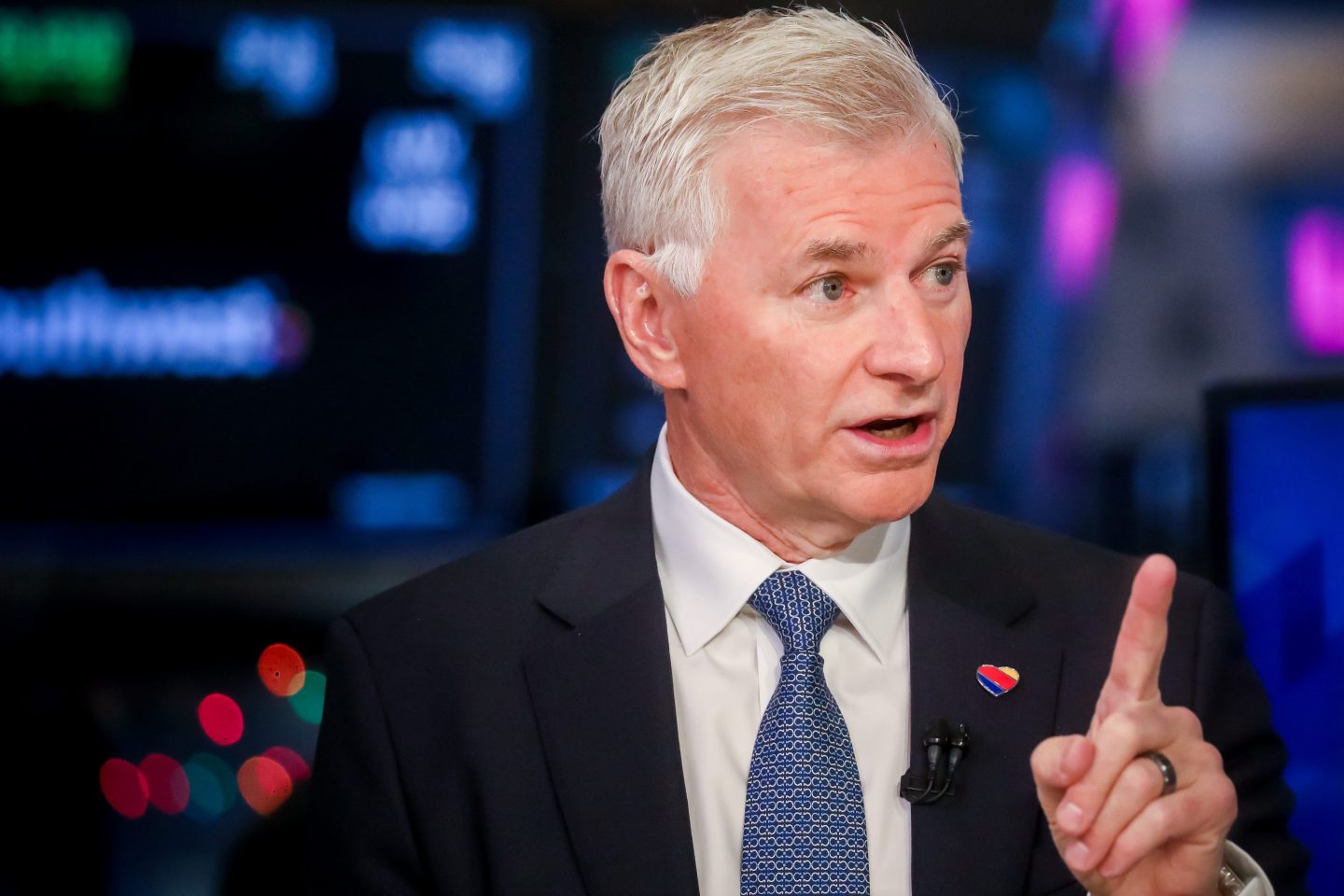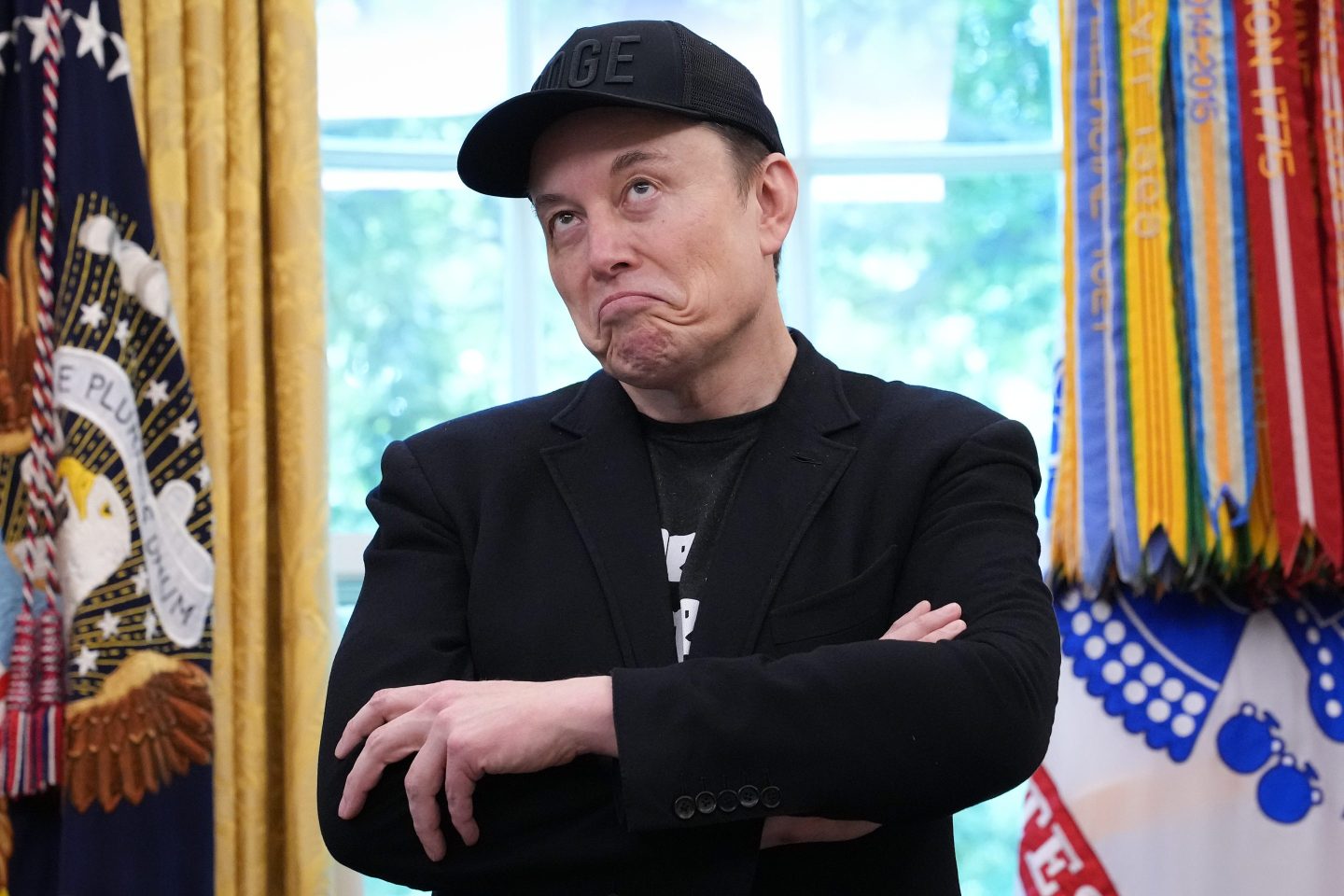I’m fascinated to see that Toni Sacconaghi, the longtime computer hardware analyst for Bernstein Research, is now covering Tesla. For years, Sacconaghi has been one of the premier research analysts on companies like Hewlett-Packard (when it was a computing and printing giant), Dell (when it was a public company), and Apple.
Now he apparently follows cars. Er, make that one car company, the one that most closely resembles a computer company and in fact is located in Silicon Valley.
Sacconaghi recently issued one of his signature reports, analyzing the prospects for Tesla to hit the 25% gross margins on its new Model 3 sedan it has promised. Sacconaghi is methodical, analytical, and unemotional—about what you’d want from someone paid to help investors understand if a stock is a buy or sell. To cut to the chase, he thinks it’s unlikely Tesla will achieve its targets due to high battery costs, high capital expenditures, and the relatively lower-end versions of the car he thinks Tesla will introduce first. He deems the “near-term risk-reward” on Tesla’s $321 stock “neutral-to-modestly negative.” Moreover, he places a $250 price target on Tesla’s shares, meaning he doesn’t recommend buying them.
The veteran analyst sees plenty of promise at Tesla. For one thing, management is specifically incentivized to exceed the gross margin target. He also reckons that if Tesla could prove him wrong the company might enjoy the type of leverage Apple now has, seeing as Apple was a similar size and profile to Tesla in 2004, before its stratospheric run.
Speaking of Apple, its valuation crossed the $800 billion mark Tuesday. Five years ago, when I published a book about Apple, it was popular to suggest the company’s best days were behind it. Many still think that. Investors apparently haven’t gotten that memo.
| Adam Lashinsky | |
| @adamlashinsky | |
| adam_lashinsky@fortune.com |
NEWSWORTHY
We have a chip for that. Nvidia reported a lot more profit than Wall Street expected for the first quarter, as graphics chip sales surged for gaming PCs and more data centers opted to install GPUs for AI and machine learning tasks. At the other end of the spectrum, Yelp shocked investors with a lower revenue outlook, as local advertisers have been dropping the popular restaurant review app. Stay tuned for the first earnings report from instant messaging king Snap later on Wednesday.
Less male than they used to be. It's 2017, but progress still comes slowly in some quarters. On Tuesday, famed VC firm Benchmark Capital—early backer of companies like Twitter, eBay, and Uber—added its first woman partner, Sarah Tavel. She joins after a stint at rival Greylock Partners but was also a product manager with Pinterest earlier.
Windows matters. Microsoft is certainly finding plenty of ways to stay in the news lately. On Wednesday the software giant kicks off its annual Build conference with a keynote address by CEO Satya Nadella and team. Expect a focus on apps, AI and other stuff in the "deep, deep developer weeds."
Mature market. There are more wireless devices in use than people who live in the United States, according to the latest industry figures. With almost 396 million active mobile gadgets, that's 1.2 per person. Total data usage in 2016 hit 13.7 trillion megabytes–enough to download 1.6 million years of high definition movies and 35 times the amount consumed in 2010.
Cryptocurrency craze. The value of a single Bitcoin hit a record $1,760.40 on Tuesday, valuing the entire digital Bitcoin currency issued at almost $53 billion, getting close to to the stock market value of Nvidia, or about four times Twitter's valuation.
We got you covered. Uber is testing a program in eight states, including Massachusetts and Pennsylvania, to pay drivers five cents more per mile to incentivize joining an insurance program covering drivers and passengers that costs 3.75 cents per mile.
FOOD FOR THOUGHT
Corporate security departments are doing password security all wrong, at least according to a top government advisory group. The National Institute of Standards and Technology recently issued draft guidelines for digital identity security and their advice runs counter to a lot of conventional wisdom.
For example, requirements to change passwords every three months or so actually encourage people to chose weaker passwords and don't enhance security. Forcing users to choose excessively complex passwords doesn't help either.
"We reviewed a lot of research in the space and determined that composition and expiration did little for security, while absolutely harming user experience. And bad user experience is a vulnerability in our minds," Paul Grassi, one of the authors of the report, told CSO Online.
IN CASE YOU MISSED IT
Meet Amazon’s Newest Home Automation Device: Echo Showby Leena Rao
This Could Finally Be the End of the Line for Pandoraby Mathew Ingram
Edward Snowden Says Use Cloud Services at Your Own Perilby Barb Darrow
Zig Zagging Verizon CEO Backs Away From Big Mergersby Aaron Pressman
This Female-Founded Startup Wants to Be the Spotify for Meditationby Valentina Zarya
Hewlett Packard Enterprise Bets That Singapore Will Be a ‘Miniature Silicon Valley’by Jonathan Vanian
How Dell Is Using Machine Learning to Help Female Entrepreneursby Kristen Bellstrom
Trump Shouldn’t Believe Apple’s Promise to Create More American Jobsby Steven Blue











